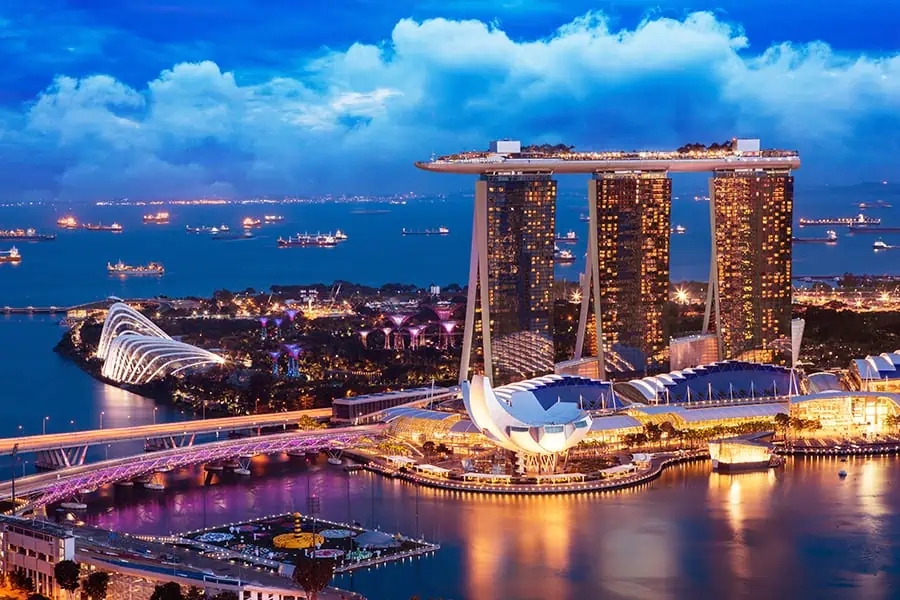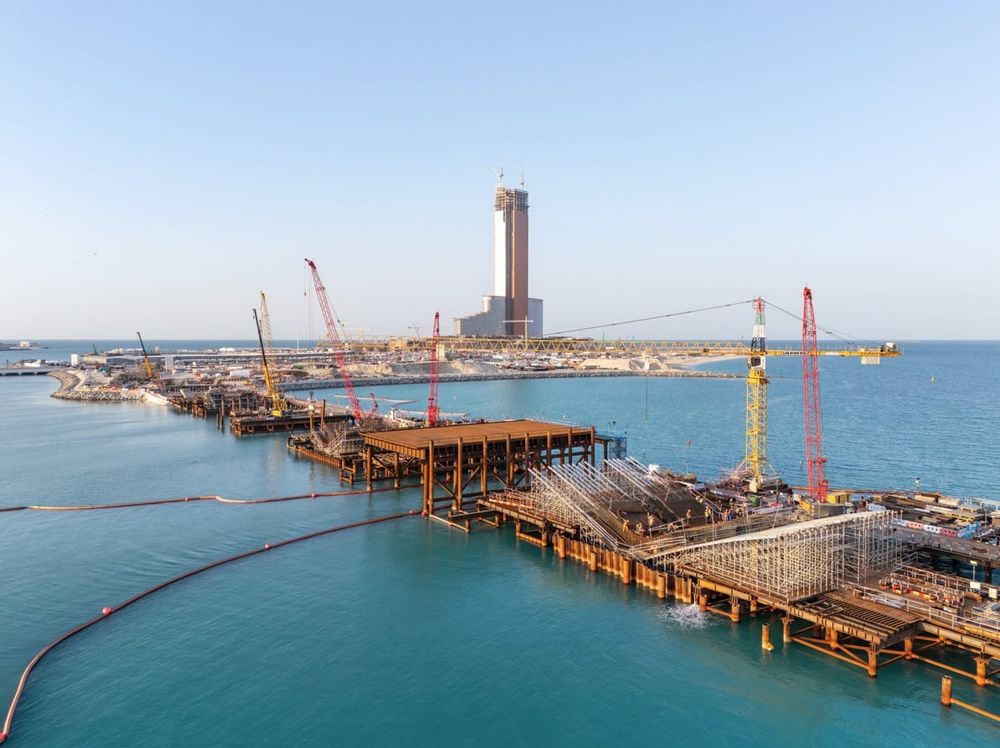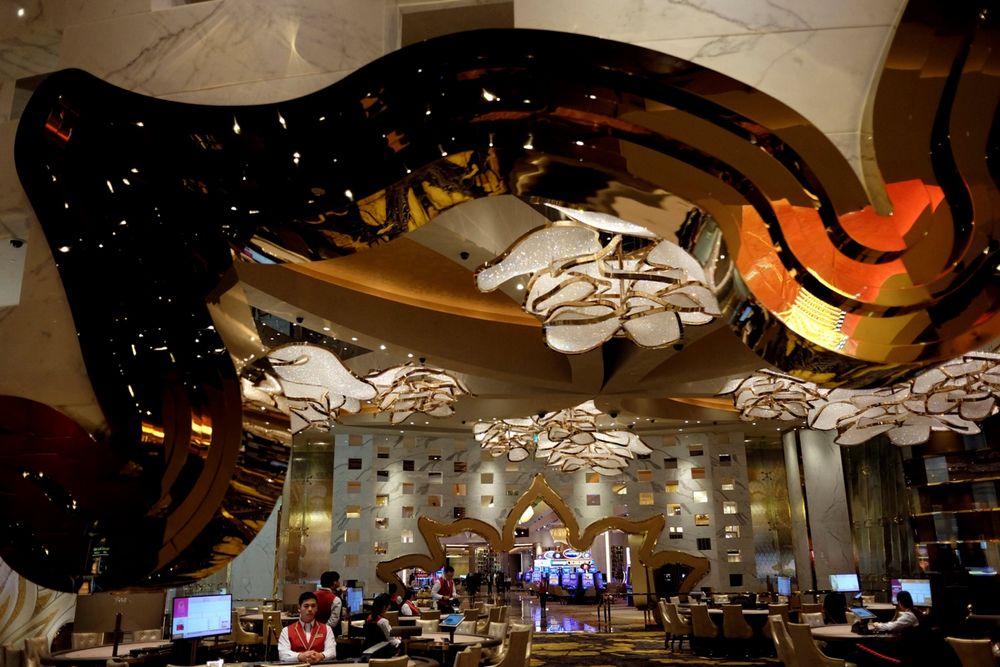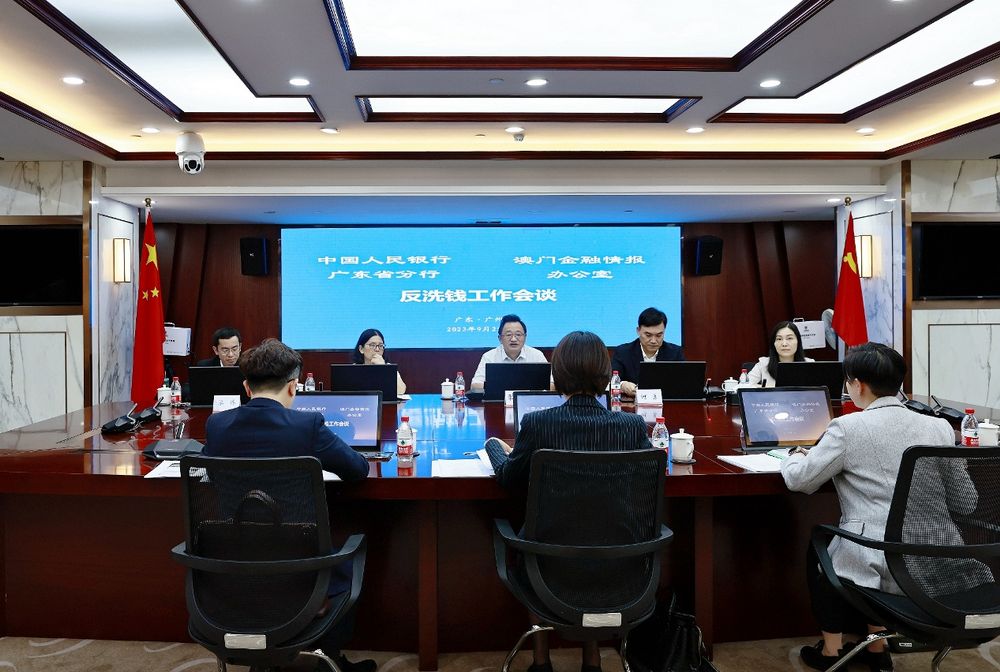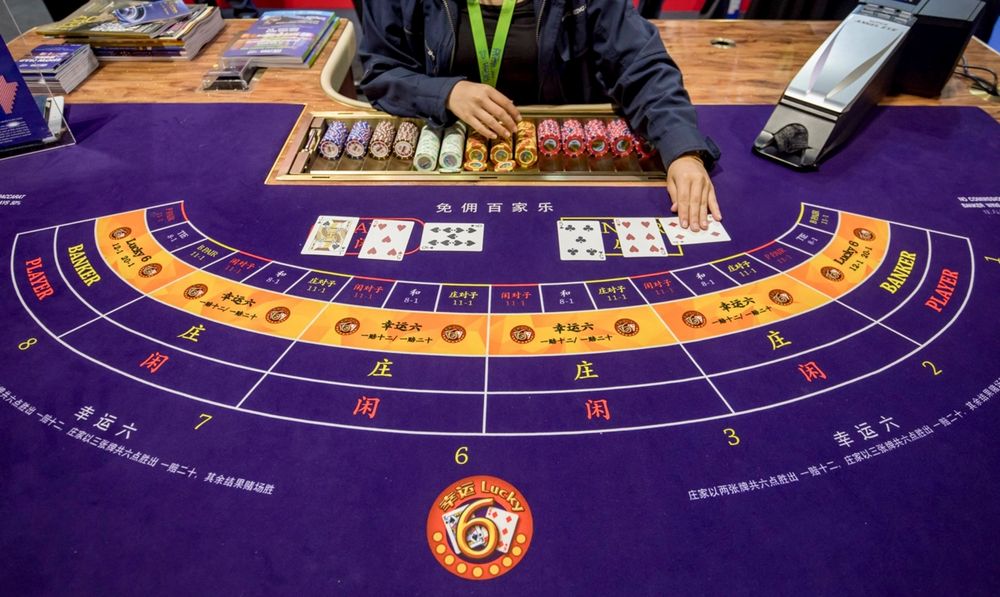As the global casino and gaming industry continues to expand—driven by technological advances, liberalized laws, and a surge in tourism—some governments are rethinking the balance between openness to foreign investment and national regulatory control. The most recent example comes from a fast-growing South Asian market that has tabled sweeping reforms aimed at recalibrating its casino sector.
Under a proposed new framework, foreign ownership in Nepalese casino ventures would be capped at 49%, down from the current 90%, in a move designed to ensure domestic majority control. Investors exceeding the limit would have just 12 months to restructure their holdings, or risk non-compliance.

While global trends point toward market liberalization—especially in the Americas, parts of Africa, and Southeast Asia—this policy shift signals a more protectionist approach. Proponents argue that the new rules will increase fiscal transparency, reduce tax evasion, and ensure profits are reinvested locally.
Nepal its going up on scams and illegal gambling transactions
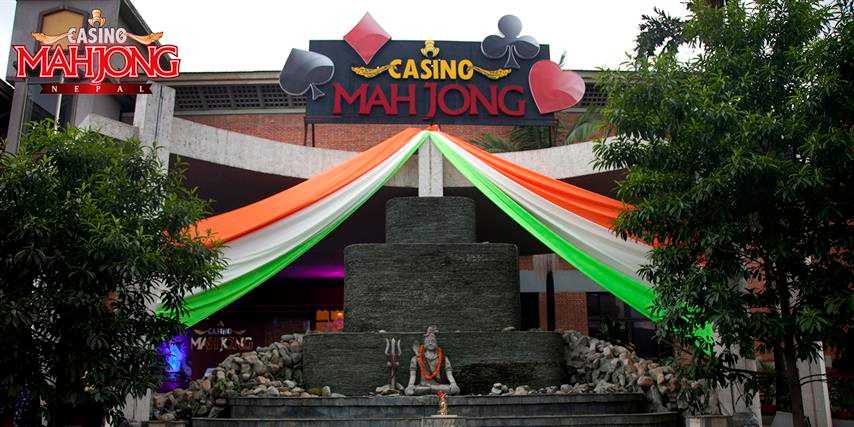
Additional changes include:
- Elimination of "light casinos" in five-star hotels and electronic gaming lounges in four-star establishments.
- Casinos must now operate as standalone entities in partnership with hotels, with host venues holding at least a 10% ownership stake.
- A location buffer zone: no new casinos within five kilometers of international borders, though existing properties are grandfathered.
- A social impact levy requiring 2% of annual profits to be directed to national development causes (education, tourism, environment).
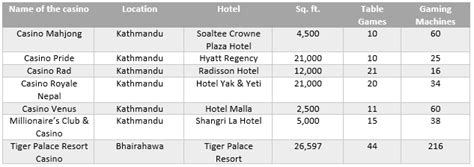
These reforms, if passed, would reshape the structure of the gaming industry in that jurisdiction and potentially serve as a template for other emerging markets considering similar rebalancing between international capital and national sovereignty.
Critics, however, warn that such limitations may deter foreign direct investment (FDI) and slow down the sector’s growth. In a global market increasingly dependent on cross-border partnerships and luxury-integrated resorts, tighter investment restrictions could reduce competitiveness. Still, the move underscores a broader shift in global gaming governance—where scaling up the industry goes hand in hand with stronger regulatory frameworks, local ownership, and sustainable social commitments.











